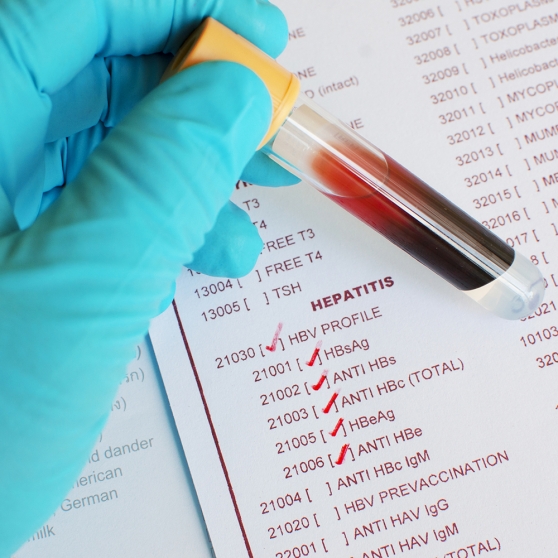A Guide to Childhood Vaccines
Hepatitis B is a liver infection caused by the hepatitis B virus. As opposed to hepatitis A, hepatitis B can be a lifelong infection. It is transmitted through contact with infected blood or bodily fluids. Chronic hepatitis B can lead to serious health issues, such as cirrhosis (scarring of the liver) or liver cancer. The CDC reports that there were an estimated 3,050 cases of hepatitis B in the US in 2013. The hepatitis B vaccine is commonly given shortly after a baby is born because babies can contract it via their mothers. Side effects of the vaccine include soreness of the injection site and fever.
Reviewed by:
Review Date:
July 23, 2015Citation:
Image courtesy of Seanlockephotography | Dreamstime.com Image courtesy of Designua | Dreamstime.com Image courtesy of Jarun011 | Dreamstime.com Image courtesy of Lucidwaters | Dreamstime.com Image courtesy of Alexskopje | Dreamstime.com Image courtesy of Attila Barabás | Dreamstime.com Image courtesy of Jean Paul Chassenet | Dreamstime.com Image courtesy of Sherry Young | Dreamstime.com Image courtesy of Rob3000 | Dreamstime.com Image courtesy of Designua | Dreamstime.com Image courtesy of Madhourse | Dreamstime.com CDC, "Chickenpox (Varicella): Vaccination" CDC, "Meningococcal Vaccine for Preteens and Teens" dailyRx News, "Back to School! Are You Ready?" dailyRx News, "Your Child's First 6 Months of Vaccines" dailyRx News, "Back-to-School Health" CDC, "HPV Vaccine - Questions & Answers" Medline Plus, "MMR Vaccine (Measles, Mumps, and Rubella)" Mayo Clinic, "Polio" Mayo Clinic, "Diphtheria" CDC, "Rotavirus: Vaccination" CDC, "Hepatitis A FAQs for the Public"
Last Updated:
July 23, 2015
